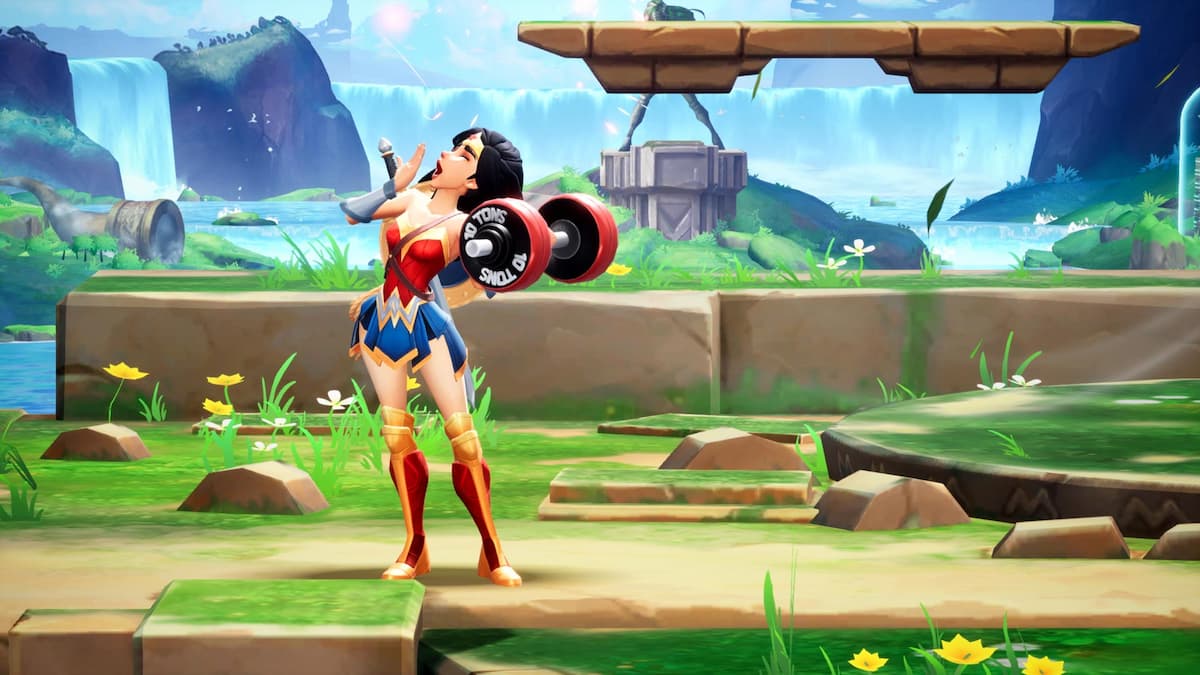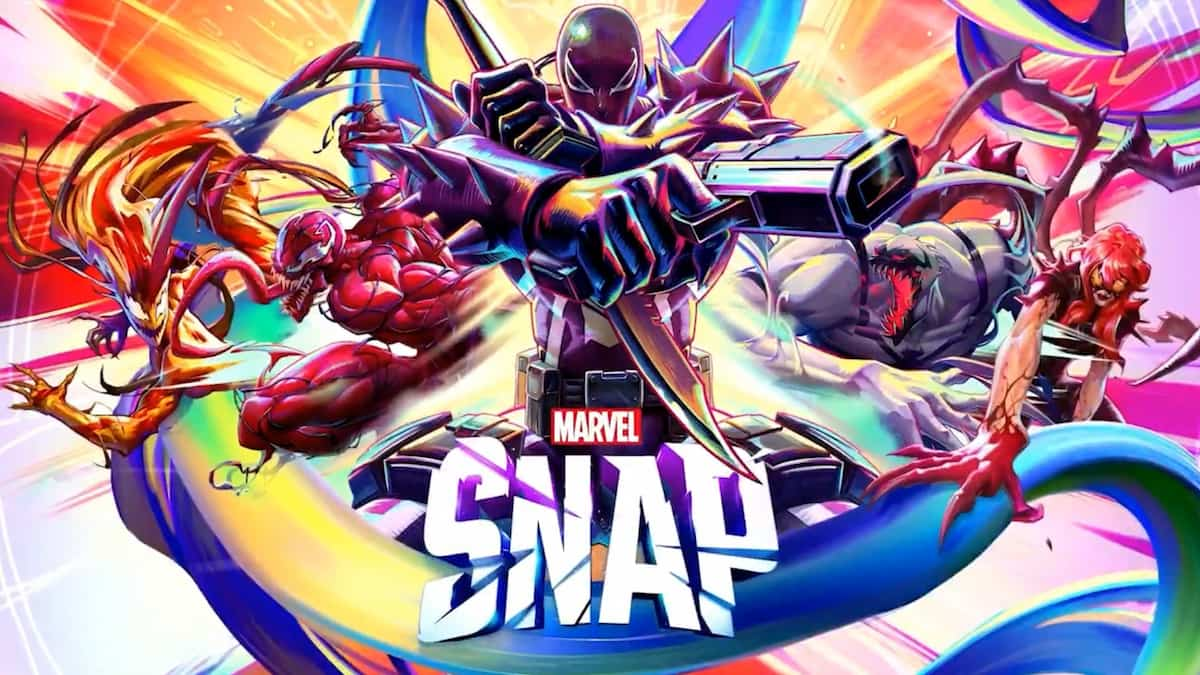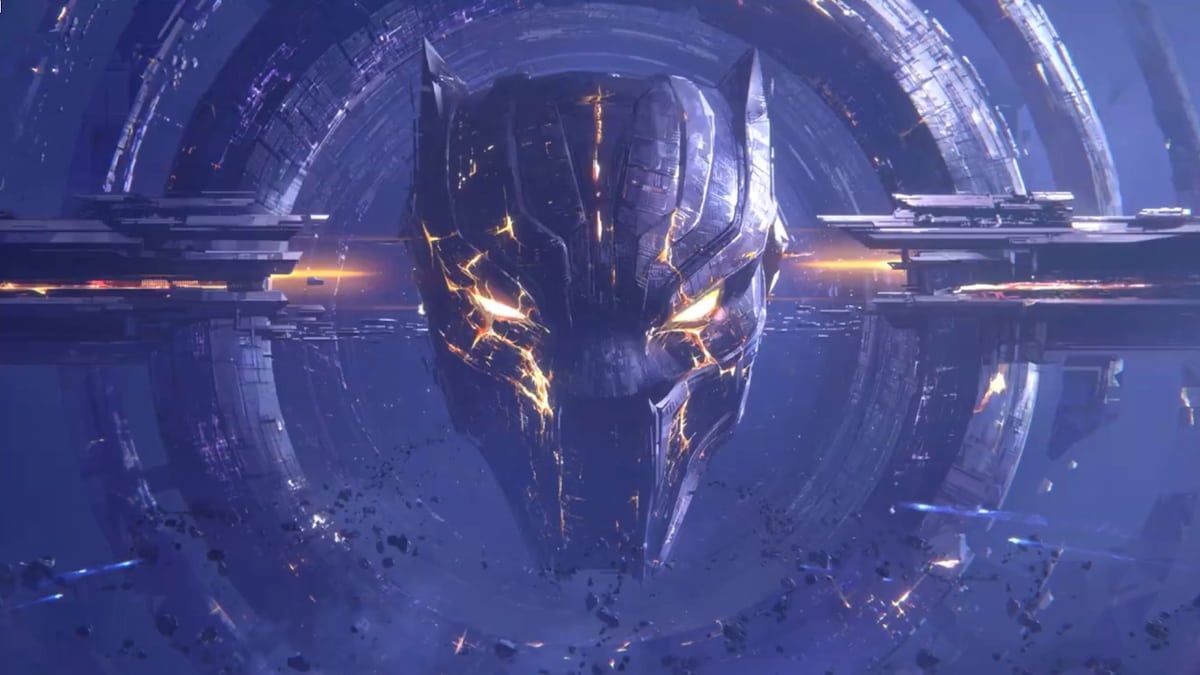Following the saga of Fortnite lawsuits that occurred back in 2018, a recent suit has been filed by Kyle Hanagami, who claims that Epic Games used his dance for a Fortnite emote without permission.
Although all of the 2018 Fortnite dance lawsuits were dismissed a year later, this case has a different fact that may give the lawsuit more teeth. None of the dances in the 2018 lawsuits had a copyright registration, but Hanagami does.
In 2017, Hanagami put out a YouTube video for his choreography to Charlie Puth’s “How Long” and the video had a number of dancers performing the same choreography. One small section of the dance was seemingly taken by Epic and made into an emote called “It’s Complicated.” Both the Fortnite emote and the choreography that was taken are longer, but one small section matches up and is the basis of the lawsuit filed by Hanagami.
A video made by Hanagami’s attorneys matches up the dance moves and even has a line drawing over the top of the dancers to show how close the dance moves are.
The section of the dance that Epic used is about three seconds long, which is a short snippet of choreography that lasts just under a minute. In terms of legality, courts have been hard-pressed to find in favor of the plaintiff in suits like these, since while it is possible to copyright a series of dance moves strung together, individual dance moves are difficult to protect.
The Copyright Act of 1976 allows for protection in “pantomimes and choreographic works.” It defines choreographic works as the composition and arrangement of a series of dance movements and patterns, organized into a coherent whole. Pantomimes are defined as the art of imitating, presenting, or acting out situations, characters, or events through the use of physical gestures and bodily movements.
Because the act does not protect dance moves and rather protects a series of dance moves, it will make fighting the lawsuit against Epic difficult for Hanagami. While many believe that the Copyright Act of 1976 should be amended to include dance moves as copyrightable work, it’s not currently protected and all of the lawsuits filed against Epic have failed so far.
The only difference between Hanagami’s lawsuit and the others that were filed against Epic for copyright infringement of a dance move is that Hanagami’s work has been registered with the copyright office since February 2021. That’s a boon to Hanagami’s claim, but it’s not certain that the work being copyrighted will supersede the fact that Epic only took about three seconds of the dance move.
In addition to copyright infringement, Hanagami is also claiming unfair competition which prohibits illegal business practices. Epic has 21 days to respond to the lawsuit, and from there, the court will take action to further the case.












Published: Mar 30, 2022 11:35 am